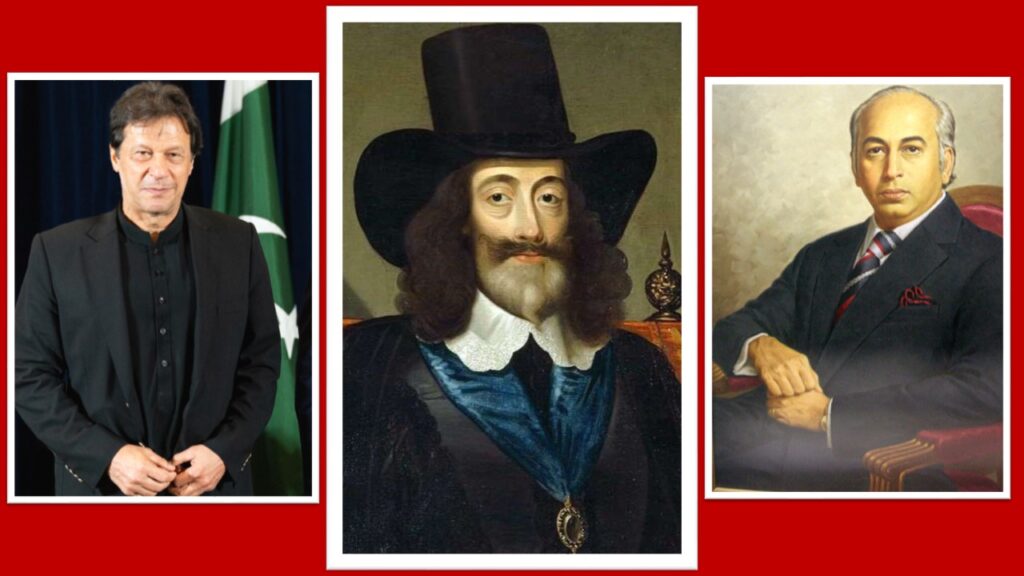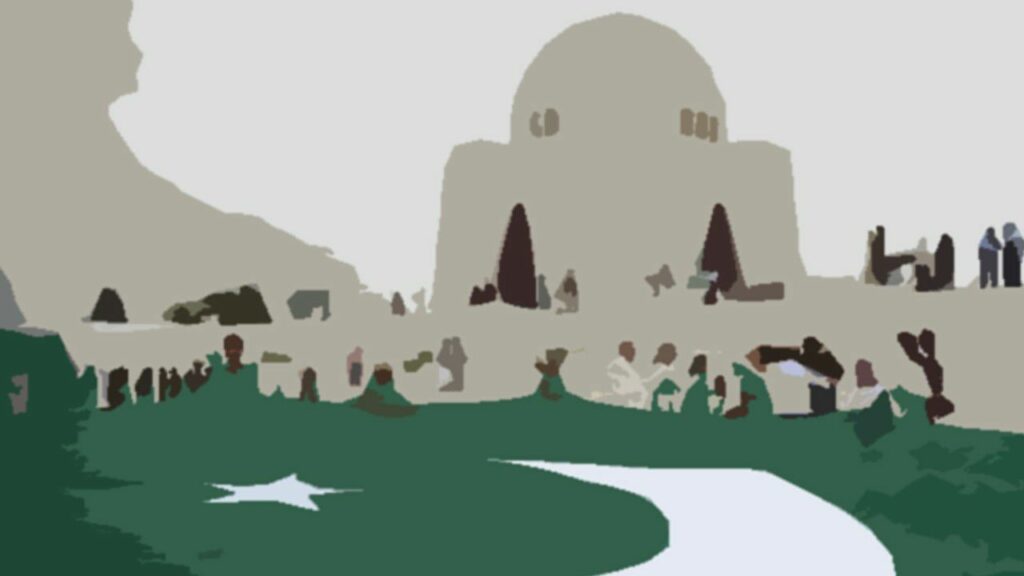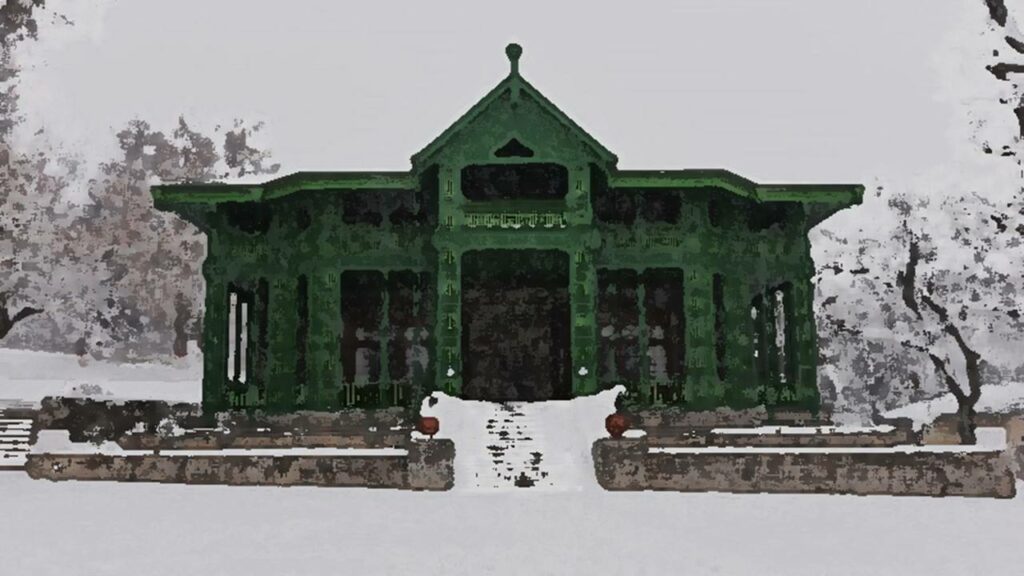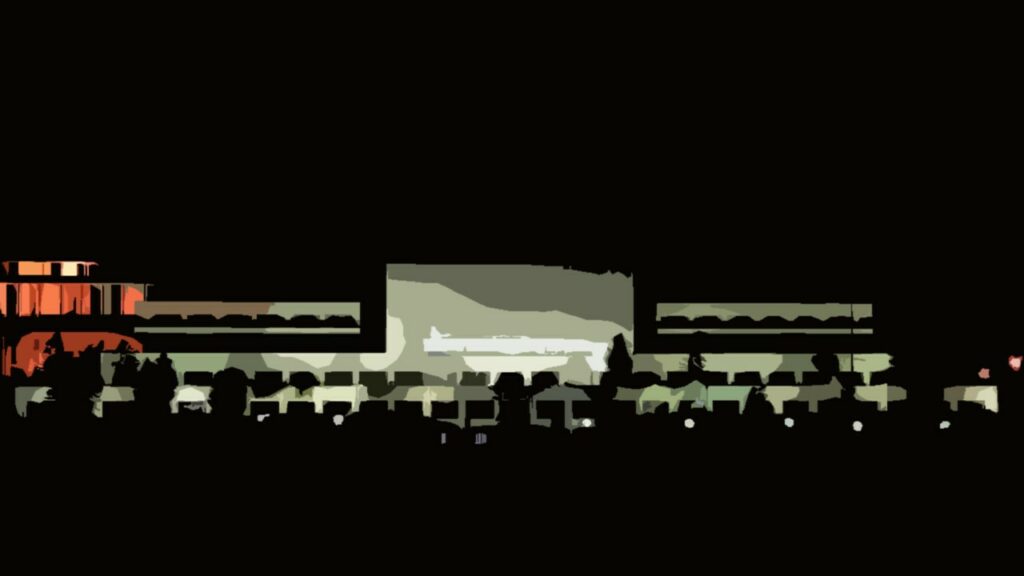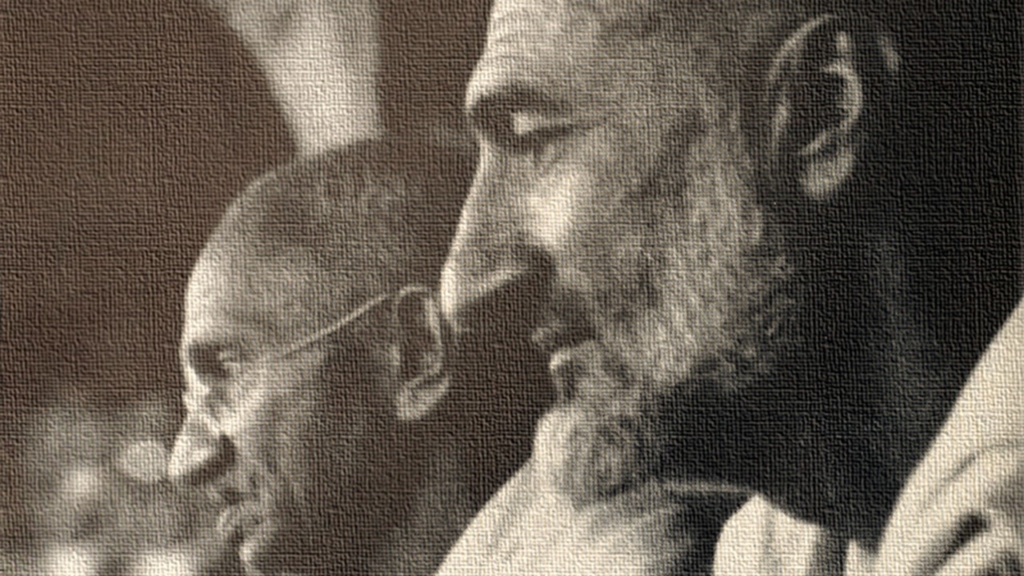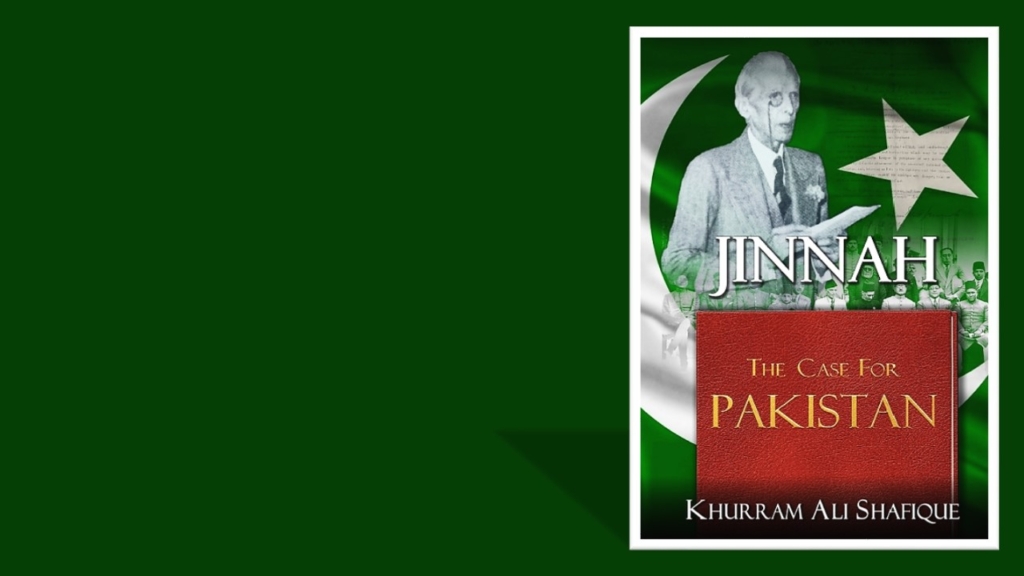Charles I in Pakistan: are we headed towards a glorious revolution or disaster?
“If a wound has befallen you, a wound like it has already befallen others. We alternate the days of successes and reverses among peoples.” According to Iqbal, this is one of those verses of the Quran which can help us study history as a sign of God. The following is an example of how we […]
Charles I in Pakistan: are we headed towards a glorious revolution or disaster? Read More »
